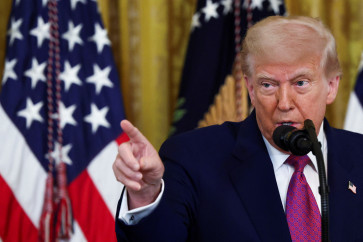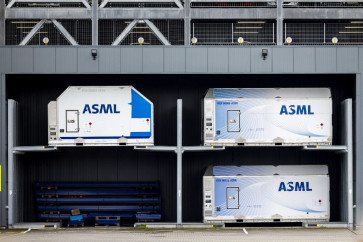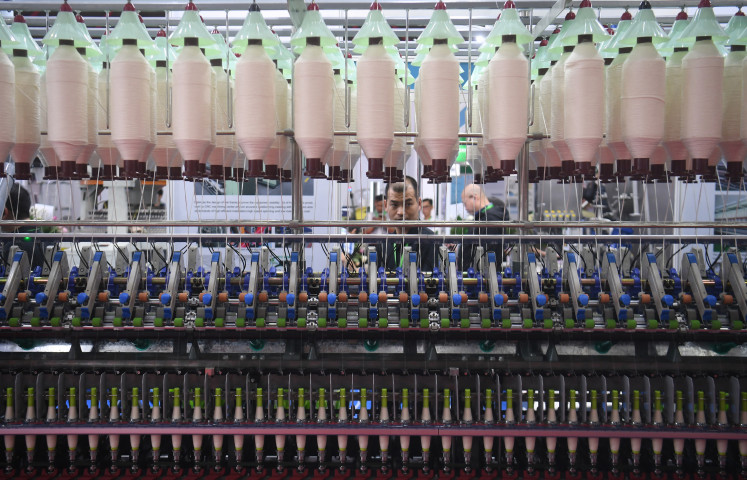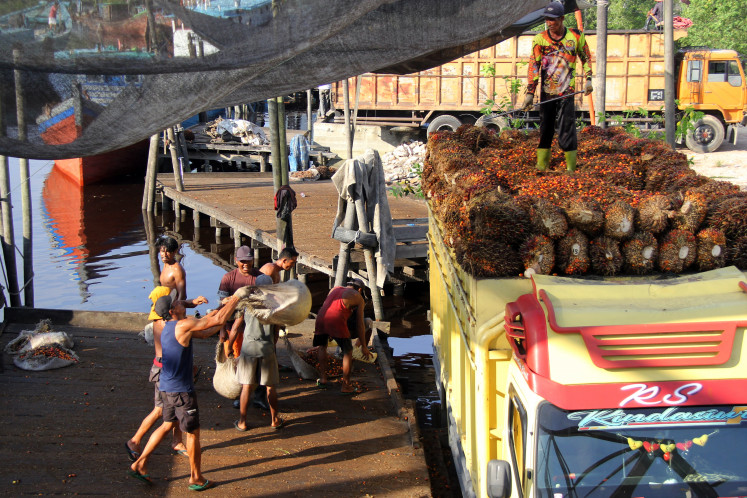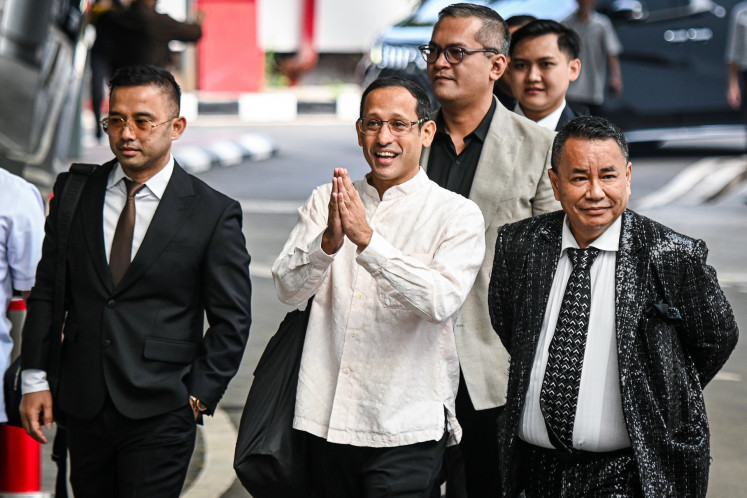Popular Reads
Top Results
Can't find what you're looking for?
View all search resultsPopular Reads
Top Results
Can't find what you're looking for?
View all search resultsFounders-turned-funders augment RI start-up ecosystem
Founders of homegrown start-ups are increasingly taking on investor roles in early-stage ventures in a sign that Indonesia's startup ecosystem is maturing.
Change text size
Gift Premium Articles
to Anyone
F
ounders of homegrown start-ups are increasingly taking on investor roles in early-stage ventures in a sign that Indonesia's start-up ecosystem is maturing.
Examples are Edward Tirtanata and James Prananto of Kenangan Brand, who cofounded investment firm Kopital Network, as well as Achmad Zaky of Bukalapak, who became a founding partner in Init6, and Hendra Kwik of Payfazz, who is invested in Number Capital.
“The emergence of local venture capital firms and the growth of the start-up ecosystem have created opportunities for experienced entrepreneurs to become investor-operators and contribute their knowledge and networks to support the next generation of start-ups,” Kanta Nandana, program director at early-stage funder Antler Indonesia, told The Jakarta Post on Tuesday.
Some start-up founders embark on their funding journey as angel investors, either alone or joining forces to pool funds with other angels. In either case, aside from funds, they are able to leverage their own experience to provide guidance and support for start-ups, especially those that are in their early days.
Having been on the other side of the table, founders-turned-funders “can think back to their previous interactions with investors back in the day and model their own behavior as investors on that,” said the gatekeeper of angel investment platform Kopital Network, Fandy Cendrajaya.
Kopital Network was born out of the desire of tech executives to guide new founders through crisis and calamity in the early stages.
Fandy explained the full cycle of the start-up ecosystem, starting from employee turning operator turning founder turning funder: “Like a flywheel effect, [founders] will give it back to the ecosystem, to the community, and just impart that knowledge they have learned.”
As the funding ecosystem evolves, Fandy sees more established founders turning into investors or venture capital (VCs) firms in the future.
Read also: AI seen to unlock endless opportunities in Indonesia
However, “to a certain extent, the vast majority of pre-seed round deals in Indonesia are committed and dominated by operators turning angel investors,” explained Aksara Ventures partner Jason Pard, reflecting on the overall state of Indonesia’s funding landscape.
“The unique advantage is that, if you’re an operator with a high-profile exit, there’s a heightened demand from others to work with you,” added Jason.
Founder’s role in venture investment
As most early-stage companies have to “pivot until they find product-market fit and reach a flexion point, where the traction really picks up,” Fandy highlighted the significance of future founders being able to seek guidance from experts who have firsthand experience in building companies from the ground up.
Jason, in agreement with Fandy, reflected on his pre-venture investment days: “I can relate to the frustration when there is no product-market fit.”
Before cofounding early-stage VC firm Aksara Ventures with two partners, Jason joined Monk’s Hill Ventures as an analyst after a short period at ride-hailing giant Gojek and moved back into the start-up role at various companies.
Jason told the Post that his operator background “helps to identify gaps in founders’ thinking and makes it easier to empathize with the problems faced by [investee] companies.”
Expressing similar sentiment, Kanta noted that “many founders in the early-stage struggle to find the right cofounder and get practical feedback on the idea, business model and go to market [...] and being an operator-investor enables a deeper understanding of start-ups’ challenges and opportunities in starting and scaling a business.”
Read also: ‘Warung’, the face of community economy, and its empowerment
Both institutional and individual investors play a crucial role in shaping the start-up ecosystem, and prior experience as a founder or operator can provide value beyond the monetary investment for start-ups.
After spending seven years in the operator role, Kanta enrolled in the Antler’s founder residency program in Singapore, where he connected with his cofounder to build a platform and secure funding from Antler to launch and develop his business.
His experience in building the company from “day zero” helped him make a leap from operator to founder, and he is now eager to help more early-stage founders in scaling their companies.
This month, Antler will commence its fourth Indonesia’s founder residency program in Jakarta, catering to the earliest-stage start-ups. The program boasts experienced C-level executives and founders-turned-funders, including CEO of Good Doctor and ex-CEO of LinkAja Danu Wicaksana and venture partner at Monk’s Hill Ventures Lingga Madu, who have joined as advisors.



